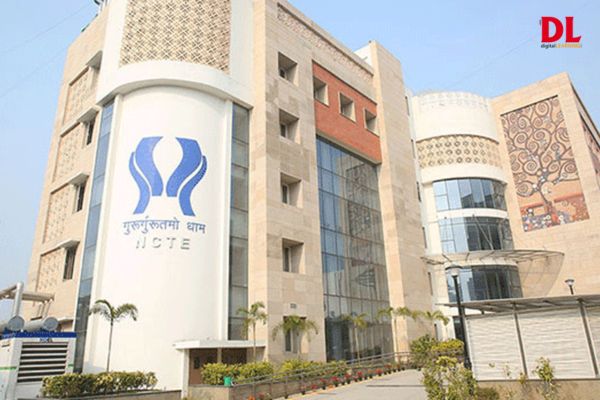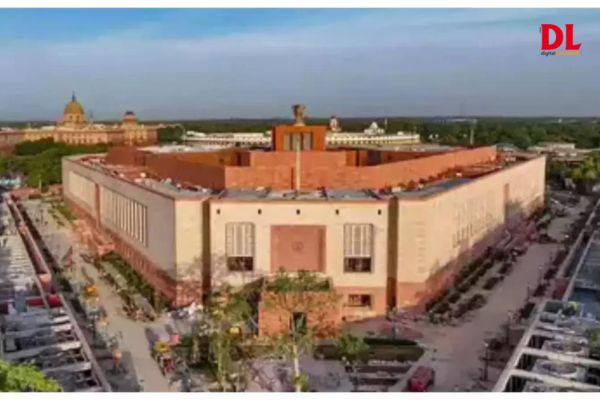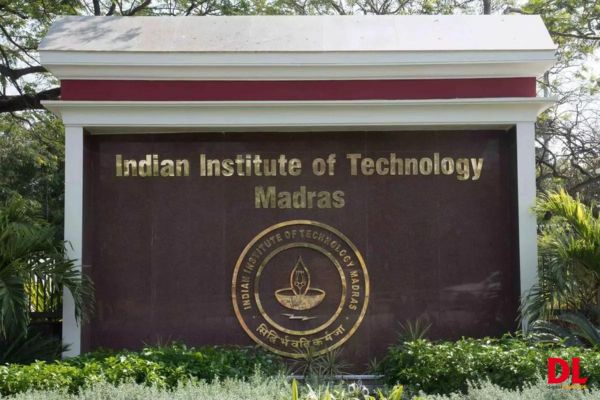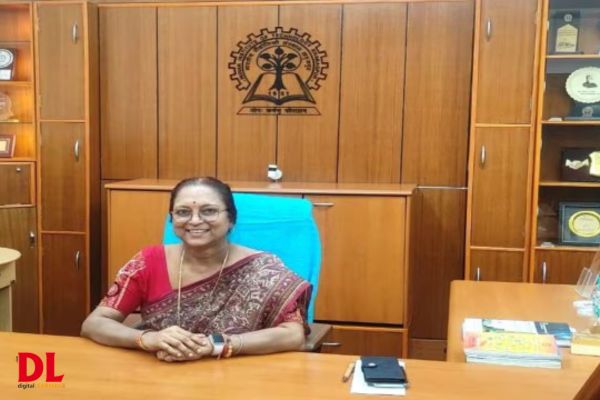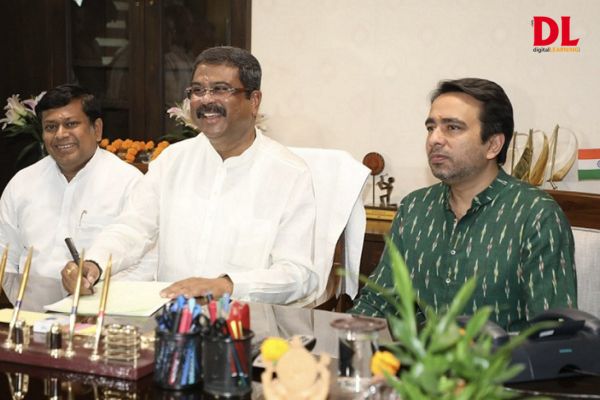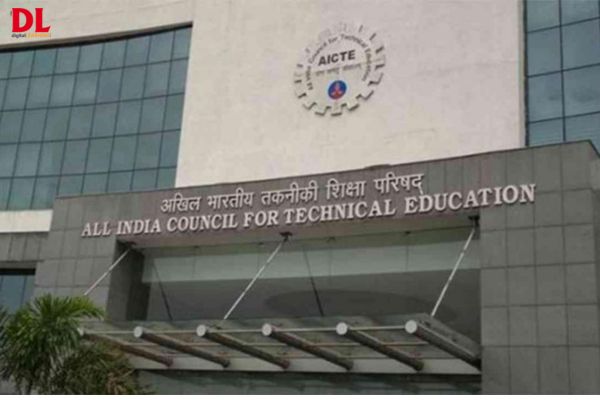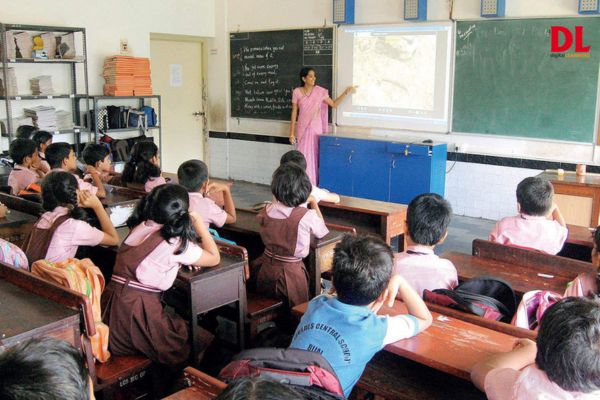University Grants Commission (UGC) unveiled a revamped curriculum and credit framework for postgraduate programmes, aligning them with the National Education Policy (NEP) 2020. This new framework aims to change PG courses’ academic structure and flexibility nationwide significantly.
The updated framework provides guidelines for credits and the academic structure for one-year and two-year postgraduate programmes, removing the requirement for specific disciplines for entry. Notably, it introduces an exit option for students enrolled in two-year programmes after the first year, allowing greater flexibility in educational pursuits.
Students can now be eligible for a PG programme in a discipline corresponding to their major or minor(s) in their undergraduate studies. The UGC specified that universities can admit students based on their undergraduate performance or through entrance examinations. Importantly, regardless of their chosen undergraduate disciplines, students can qualify for any PG discipline by passing national or university-level entrance examinations in that discipline.
“Candidates who have completed a four-year undergraduate programme or a three-year undergraduate programme followed by a two-year PG programme, or a five-year integrated UG-PG programme in STEM subjects, will be eligible for admission in ME, MTech in allied areas,” stated the UGC.
Read more: UGC Permits Biannual Student Admissions for Colleges Starting 2024-25
This initiative by the UGC aligns with the NEP 2020’s vision of creating a more flexible and inclusive higher education system. By allowing students to switch disciplines and offering multiple entry and exit points, the new framework seeks to accommodate diverse educational backgrounds and career aspirations.
The release of this new curriculum and credit framework marks a significant step towards implementing NEP 2020 in higher education. It is expected to enhance the academic experience for postgraduate students by providing more flexibility, fostering interdisciplinary learning, and aligning education with global standards.








